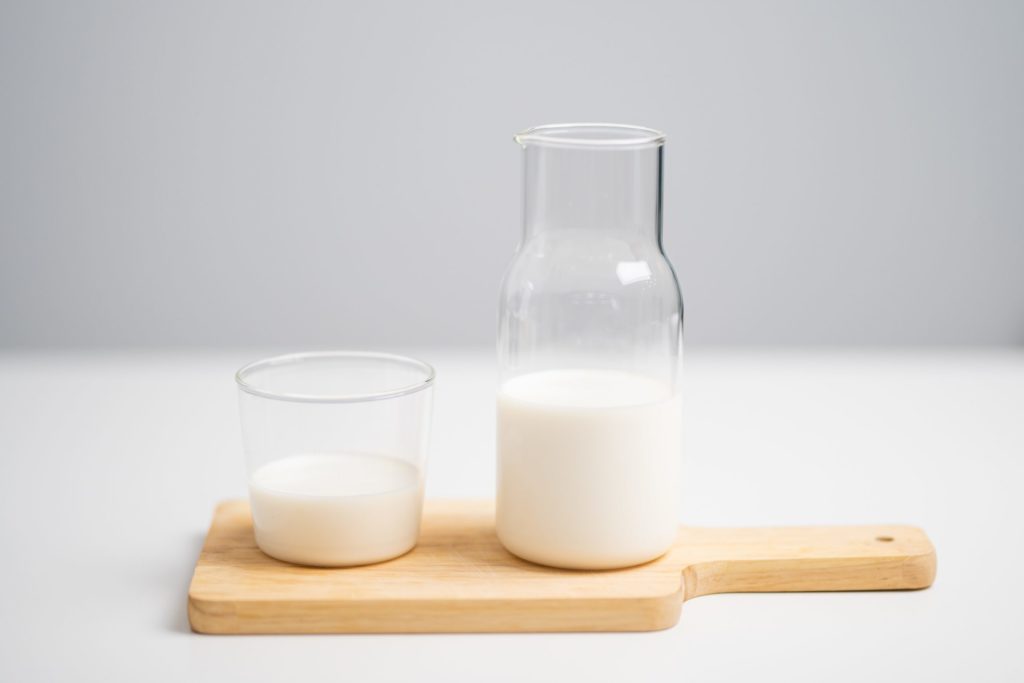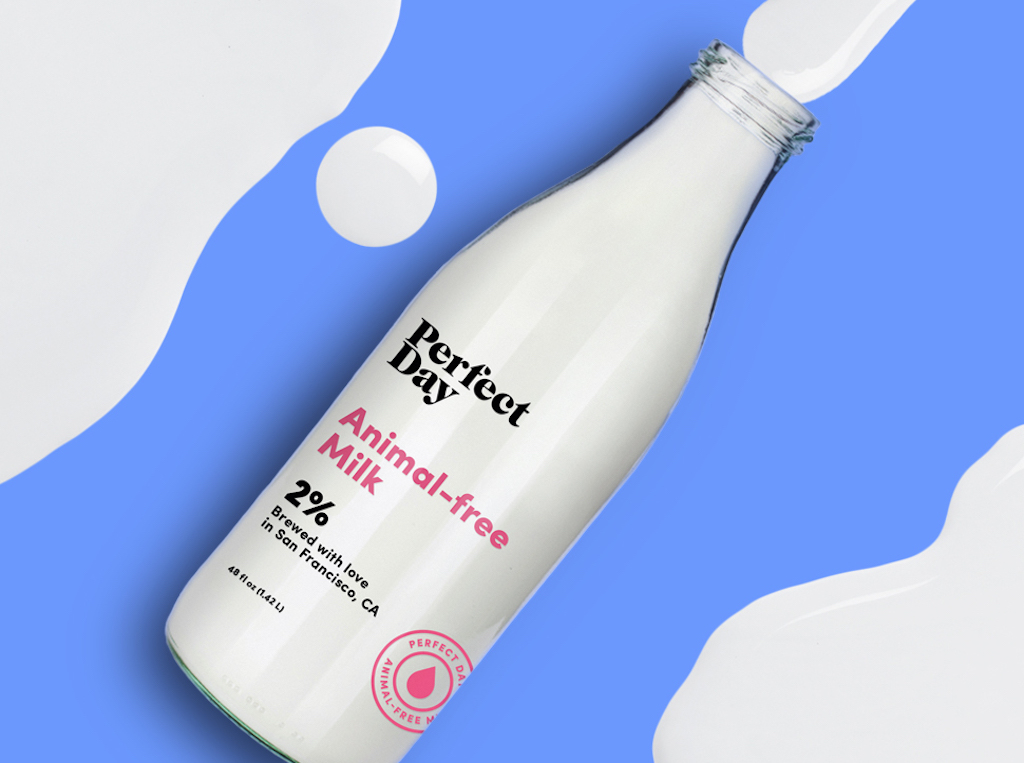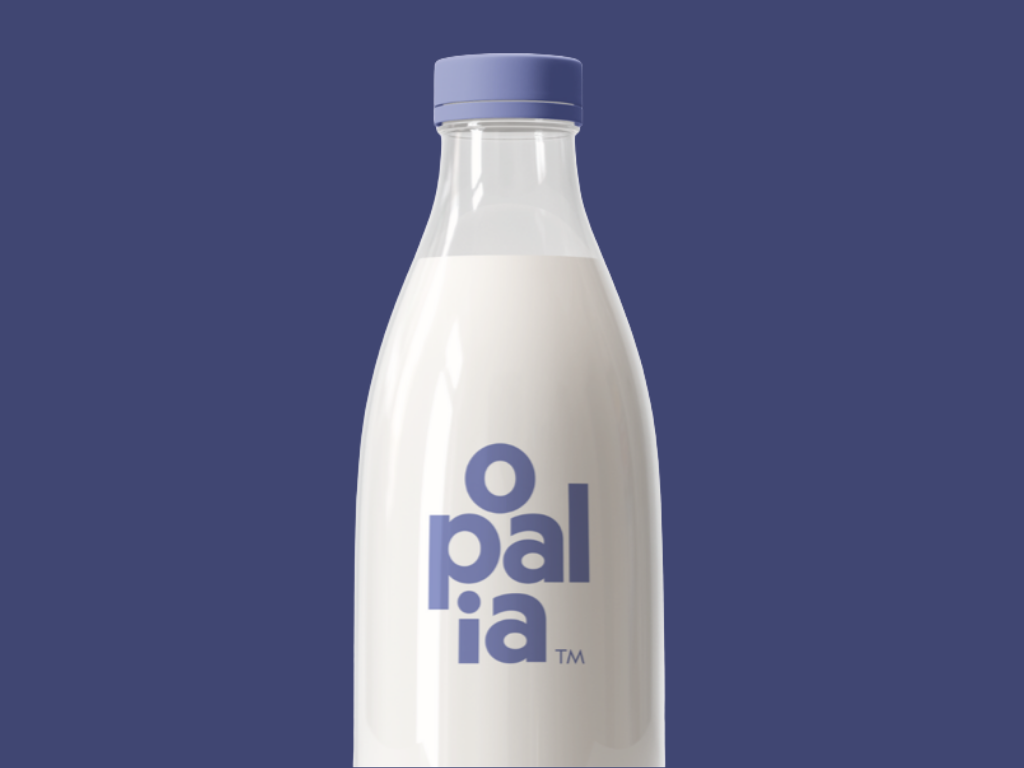3 Mins Read
Cell-cultured milk from Canada’s Opalia could be ready for market by 2024 following recent production benchmarks. And as the demand for dairy alternatives continues to accelerate, brands like Perfect Day have laid a lot of the groundwork, setting Opalia up for success.
Following the achievement of “functional complexity,” Opalia, formerly known as BetterMilk Inc., says it’s ready to start pre-pilot scale production of its cell-based milk for use in non-animal dairy products. The Cult Food Science Corp. portfolio company says it has successfully replaced fetal bovine serum (FBS) which has helped to reduce costs and make market viability a reality, pending regulatory approval.
MIlk from mammary cells
Opalia says it’s the first Canadian company to produce cow’s milk from mammary cells. The company says the technology will allow it to serve as a sustainable and ethical viable alternative to farmed dairy products.

“We are 100-percent focused on manufacturing a dairy product that negates any potential harm to animals and eliminates the massive environmental impact of traditional dairy products and production, therefore the breakthrough replacement of FBS for Opalia’s products is exciting”, Jennifer Cote, Chief Executive Officer of Opalia, said in a statement. “We are excited to be one step closer to upscaling production of our cell-based milk and to engage with downstream partners that are interested in commercialization of our milk.”
Opalia achieved a proof-of-concept product last year, using an artificial mammary duct. It says the new alternative to FBS builds on its positive impact on the planet and the cultured foods category at large. It says that eliminating FBS averts disadvantages including questions over quality, reproducibility, as well as animal welfare issues and concerns over fraudulent marketing of FBS.
Market opportunity
The company cites the growing demand for plant-based milk as an indicator of market potential. The global dairy-free milk market is projected to reach more than $53 billion by 2028, up from $22.25 billion last year. It’s why Cult says it is grounded in its investment in the brand.
But plant-based milk might not be Opalia’s biggest competitor. It stands to go after the market developed by California-based Perfect Day, which uses precision fermentation to replicate dairy cells with help from microorganisms. This creates a whey that can be used in milk, yogurt, cheese, and ice cream with taste, texture, and function that’s identical to conventional dairy.
Perfect Day, which has raised more than $700 million to date, had revenue of more than $80 million last year, according to ZoomInfo.

Perfect Day has established a foothold in the dairy alternative category, appealing to consumers seeking a more sustainable option without giving up the flavors and function of the dairy products they love.
“Cult’s investment in Opalia represents a significant step forward in the cultured dairy sector of the broader cellular agriculture industry,” says Lejjy Gafour, President of Cult. He says Canadians are becoming more aware of the negative impacts being made by the traditional dairy industry on the environment and animals.
“With Opalia quickly obtaining complexity and taking the necessary steps to move forward in the production of cultured dairy, we are optimistic about our investment and belief in its initiatives and determination to create innovative solutions for our current food crisis,” he said.



